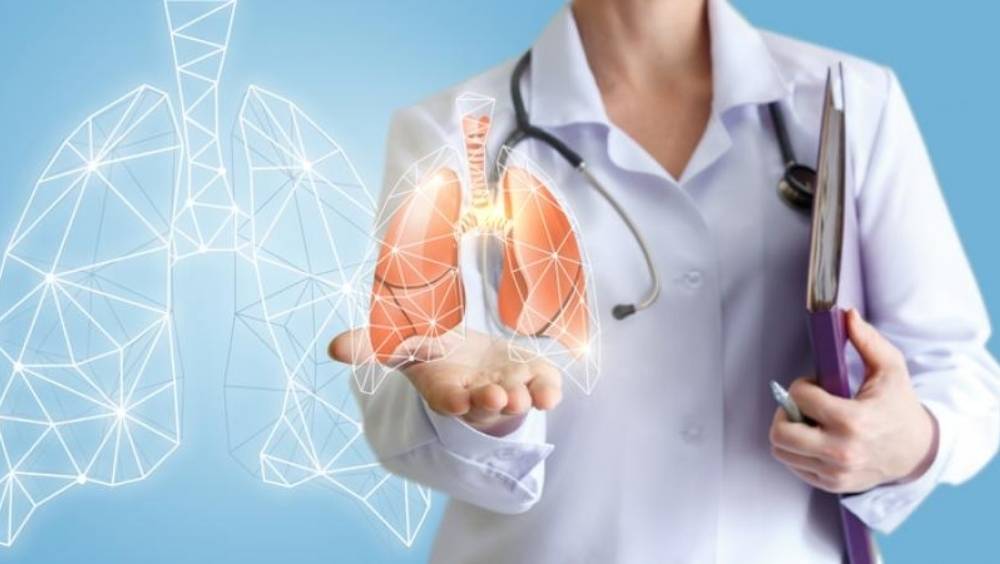
A lung infection is an illness caused by various pathogens, including bacteria, viruses, and fungi. There are mild and severe forms of lung infection. Lung infections are typically spread through airborne droplets that spread when an infected person coughs or sneezes.
People living with a weakened immune system due to HIV/AIDS or cancer treatments may be more susceptible to lung infections than those with healthy immune systems.
Other risk factors for lung infections include smoking and poor air quality. In ever-busy cities like Mumbai, people are more exposed to pollution and dirt. In that case, it is essential to seek medical advice from the best lung specialist in Mumbai if you suspect lung infection. You can receive the proper diagnosis and treatment as soon as possible.
Common symptoms of lung infection
There are several types of lung infections, ranging from mild to severe. The severity of the infection depends on many factors, such as age and health condition. In addition, it depends on whether it was caused by bacteria, a virus, or a fungus. It is not uncommon for the symptoms to be similar to those of the flu or cold. However, they tend to persist for a longer period.
Let us discuss the most common symptoms of a lung infection:
Cough
Coughs can be either productive, meaning they produce mucus, or nonproductive, where no mucus is brought up. If a cough persists for more than two weeks, you should not avoid it. It can have other symptoms too such as fever, fatigue, chest pain, or difficulty breathing. If you experience these things, it might indicate an infection of the lungs requiring medical attention from the best lung specialist in Mumbai.
Shortness of breath
Dyspnea, or shortness of breath, is a common symptom associated with lung infections. It can be described as the feeling that it is challenging to fill your lungs with enough oxygen. Dyspnea can range from mild to severe and may have other symptoms, such as chest tightness and coughing.
Mucus production
Whether caused by bacteria, viruses, fungi, or environmental irritants, a lung infection can cause excessive mucus production in the lower respiratory tract. Excess mucus may lead to difficulty breathing and persistent coughing due to blockages in the airways. You may experience clear, green, yellow, brown, or reddish-brown mucus, which may or may not have an odor.
Crackling or rattling sounds in your lungs
This sound may be present while breathing, coughing, and even when resting. It occurs when air sacs in the lungs become inflamed due to an infection, and air bubbles are created within them. If you experience this symptom, it’s crucial to consult a medical professional for diagnosis and treatment as soon as possible.
Complications of lung infection
Complications from lung infection include abscesses in the lungs, pneumonia, and acute respiratory distress syndrome (ARDS).
Pneumonia
It is an inflammation of the lungs caused by bacteria, viruses, and fungi that can fill the air pockets in one or both lungs with fluid or pus. The resulting symptoms include difficulty breathing, chest pain, and coughing up thick mucus. Occasionally, pneumonia can cause severe complications, including respiratory failure, sepsis, and pleurisy.
Acute Respiratory Distress Syndrome (ARDS)
ARDS occurs when an infection causes inflammation of the airways and walls of the lungs, leading to fluid accumulation that makes it difficult for oxygen to get into the blood.
Symptoms may include shortness of breath, rapid breathing, chest pain or tightness, low blood pressure, confusion, fatigue, and bluish skin color due to lack of oxygen in the bloodstream. Treatment includes supplemental oxygen therapy, medications such as diuretics to help reduce fluid buildup, and antibiotics to treat any underlying infection.
Abscesses in the lungs
This complication occurs when bacteria or fungi invade and spread through the airways, eventually forming an abscess in the lung tissue. An abscess is a pus-filled pocket that can cause pain, difficulty breathing, coughing up blood, and other related symptoms.
When an individual has a lung infection, their immune system allows white blood cells to fight off the invading bacteria or fungi. If these invaders aren’t eliminated, they may become too powerful for the body’s natural defense mechanisms and form an abscess.
Also Read: Holistic Heart Care: Specialist’s Approach to Cardiovascular Wellness
Conclusion
Awareness of the symptoms and complications associated with lung infections is essential. Early detection and treatment are the key to a successful recovery. Despite being highly treatable, lung infections can lead to severe complications if not addressed promptly.
The adage says, “precaution is better than cure.” It is always advisable to take necessary precautions to avoid infection. Talk to the best lung specialist in Mumbai about any concerns regarding lung infection. Make sure you get the necessary medical attention whenever needed.




